Hello my friend in desktop mode.
Hello my friend in desktop mode.
Hello again my friend in desktop mode.
Hello again friend in mobile mode.
Lead researcher: Associate Professor Justin Chalker | College of Science & Engineering
Fighting waste with... waste
Above: Watch the short video about Associate Professor Justin Chalker’s latest discovery and where he finds inspiration for his work.
Ocean oil spills are an inherent risk of extracting oil from the seafloor and transporting it around the world. Yet ocean oil mining occurs every day; as consistently as the 5 p.m. traffic jams comprising vehicles the oil will inevitably fuel.
If there is a spill, clearing the oil from water is no easy task. While the clean-up takes place, usually over weeks, months or sometimes not at all, the oil has time to cause decades of irreversible damage.
And so, when a scientist stands up and suggests pouring more oil, intentionally, into the ocean to remedy the initial spill – it is understandably met with some questions.
Luckily, synthetic chemist and researcher Associate Professor Justin Chalker likes questions. Questions set you on a hunt for answers, he says. He believes chemists are in a unique position to solve many of the biggest problems facing the environment. And it is exactly these problems his team of researchers are focused on.
He is looking for answers in the unknown in the truest sense. As a researcher in synthetic chemistry his work is to create new molecules and materials; to bring new matter into existence and then put it to use.
“It fascinates me, at the most fundamental level, that our work is to make a new material that perhaps has never existed in the history of the universe and that material might even be useful. Our overall goal is to make those materials in a sustainable and affordable way and then use them to protect the environment,” Justin explains. Which is why his solution to oil spills involves repurposing a different type of oil.
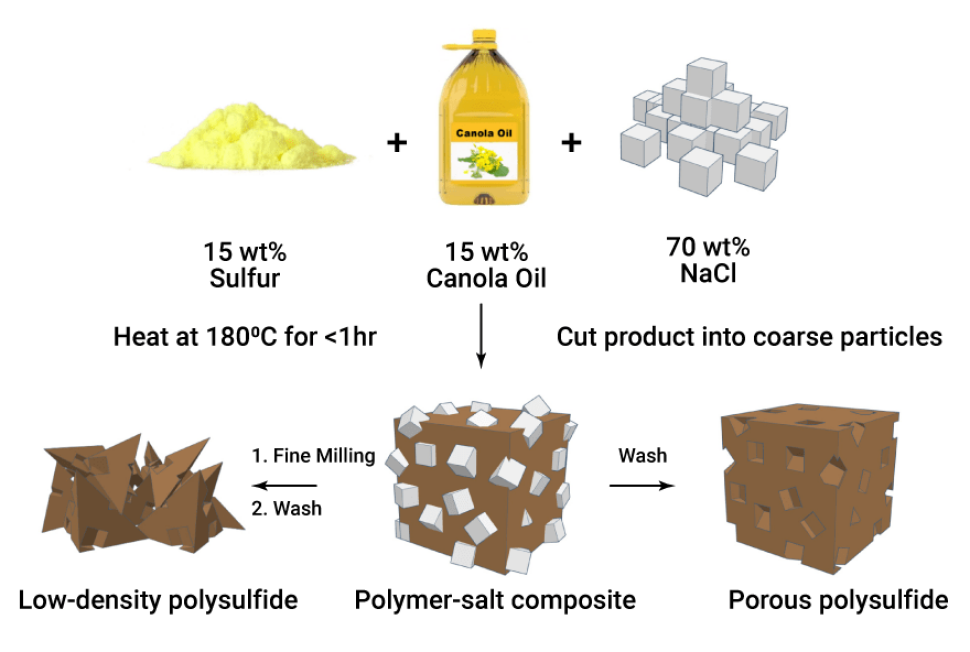
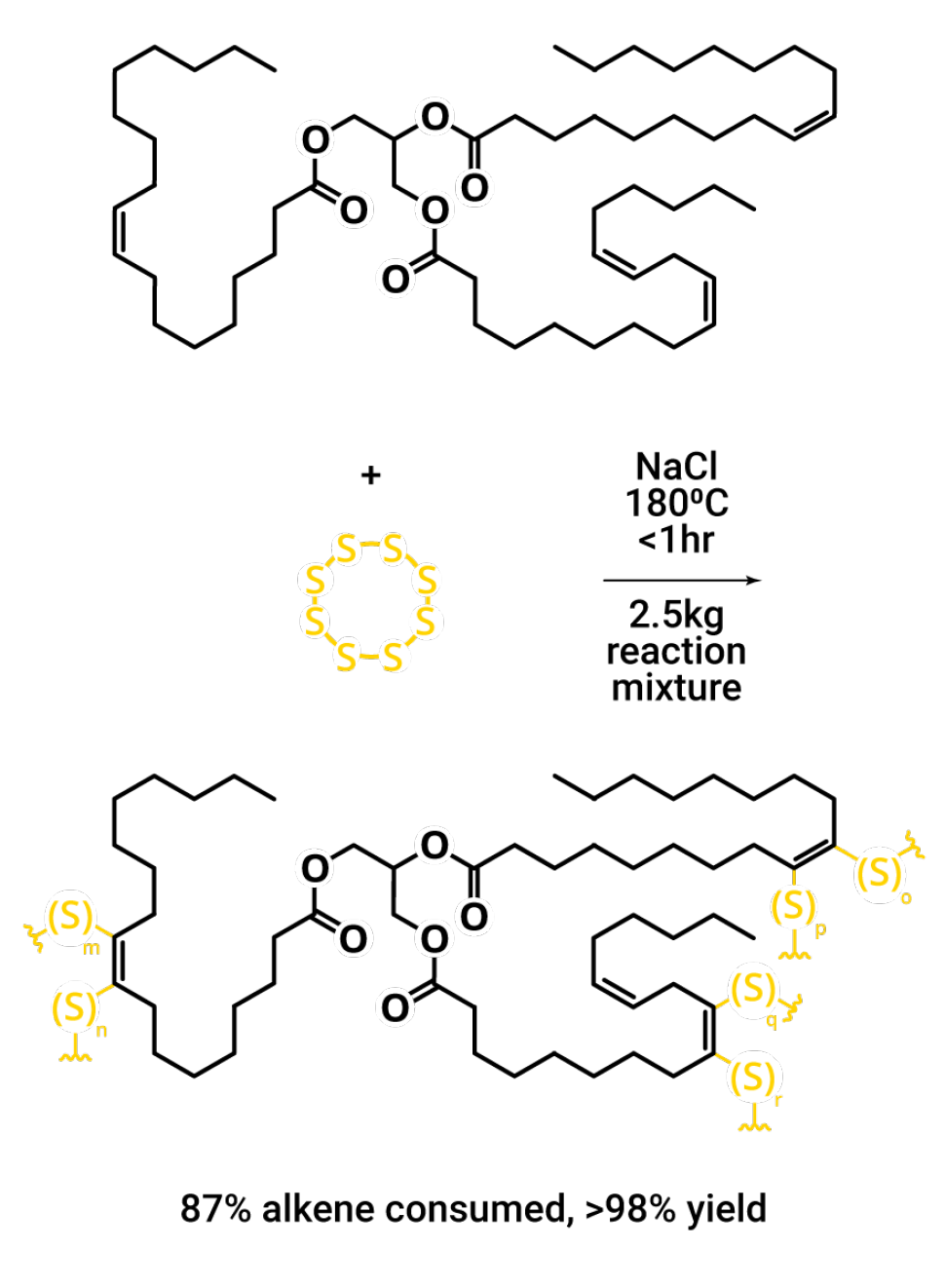
The waste (re)cycle
Countries around the world are grappling with the stockpiling waste bound for landfill, desperately looking for new and more effective ways to process recyclables locally and are interested in processes for reusing and repurposing waste instead of disposing of it.
What sets Justin’s work apart is his focus on using waste products to create new materials. It was waste materials he used when he discovered a new polymer – substance – using sulphur from industrial waste and used cooking oil; both discarded in the millions of litres each year.
“The polymer we’ve invented is a material made from sulphur, a by-product of the petroleum industry, and canola oil, a renewable resource,” Justin explains. “By simply reacting these two materials together, it thickens and turns into a brown rubber and we get an entirely new substance – one that we found can be used to clean up oil spills.”
The new polymer acts like a sponge that floats and quickly absorbs unwanted oil. Importantly, it returns clean water to the sea and leaves only the crude oil on the polymer. When using this new polymer, the oil from the spill can later be drained from the polymer and safely disposed of, and the polymer can be used again. The breakthrough discovery fits into the existing waste cycle without adding to it.
Ambitiously affordable
Another benefit of waste material is it is cheap and readily available. Creating affordable and accessible solutions is an important consideration for Justin. He wants to ensure if he comes up with an oil spill remedy it can be used anywhere that needs it– not just countries with the financial means.
Oil drilling, and oil spills, occur all around the world. Areas like the Amazon Basin in Ecuador and Niger Delta in Nigeria are economically dependent on the oil industry but are operating without the same access to adequate oil spill solutions. As a result, the burden of disease and environmental impacts on these oil-bearing areas is disproportionate to wealthier oil drilling areas. In Nigeria, the UN has estimated that it will take more than 30 years to reverse the environment impacts from these spills. Other studies have suggested links between increased mortality in one-month-old babies if their mother lived in an oil spill area before conception. Justin believes that making oil remediation more affordable is a vital step to making oil spill solutions more available to these regions.
“I think my broadest and most ambitious goal is to use synthetic chemistry to impact the lives of those that don’t have the same access to resources to have a fair go in tackling environmental disasters .”
“By focusing on inexpensive materials to capture pollution, we can ensure clean air, water and food for everyone in the world, not just those in wealthy nations,” Justin explains.

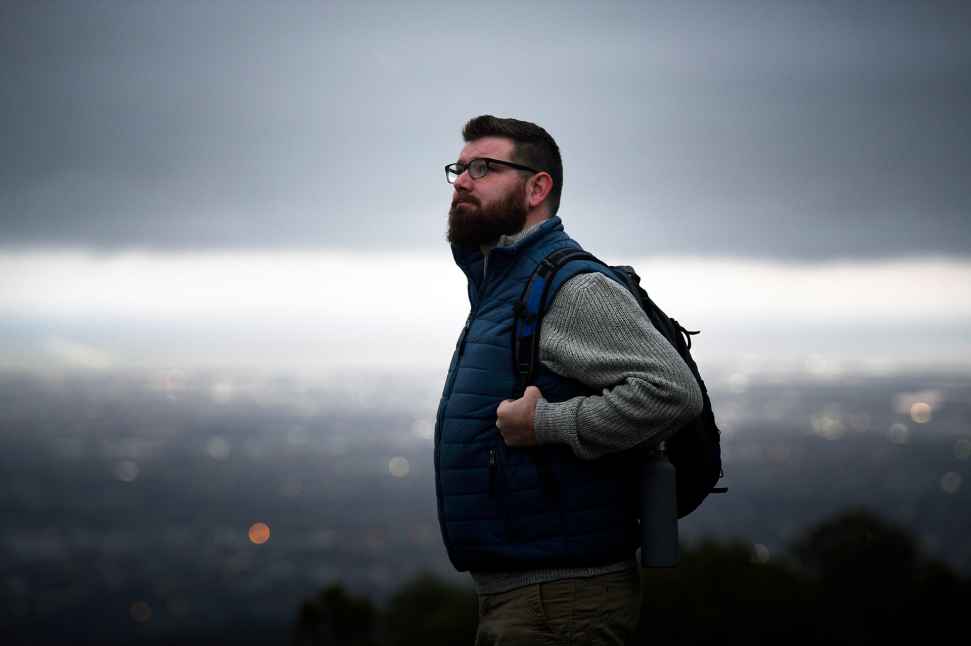
Advocating for a world-wide chemical reaction
Justin’s work further expanded in this direction when he discovered that the same sulphur-canola oil polymer can extract mercury from polluted soil, water and air; mercury poisoning occurs primarily in artisan and small-scale gold mining in some of the world’s poorest countries and affects more than 15 million people. Justin didn’t set out to capture mercury but once he discovered his new polymer could he understood the responsibility to get this solution to the people who needed it.
“In synthetic chemistry, we often discover a molecule and then look for a problem that we can solve with it. It seems backwards but much of chemistry proceeds this way,” Justin shares. Following the discover of the polymer’s additional uses, he mounted an international call to support small-scale gold miners with new mercury-free strategies for mining and solutions to remediate the existing damage.
“In the coming years, our team will work with a variety of government agencies and environmental advocates to help end of the threat of oil spills and mercury pollution,” Justin explains.
The possibility of globally deploying the polymer solution is feasible because the materials required to make it are affordable and widely available. For oil spills, Justin and his team are also interested in developing a filter to attach to the back of boats and use with the polymer to clean large-scale ocean oil spills. It is technology he joins environmentalists in wishing didn’t have to exist, but until the world’s dependence on crude oil for energy and transportation lessens Justin is committed to minimising the damage of oil spills on the ocean, marine life and people in oil spill areas.
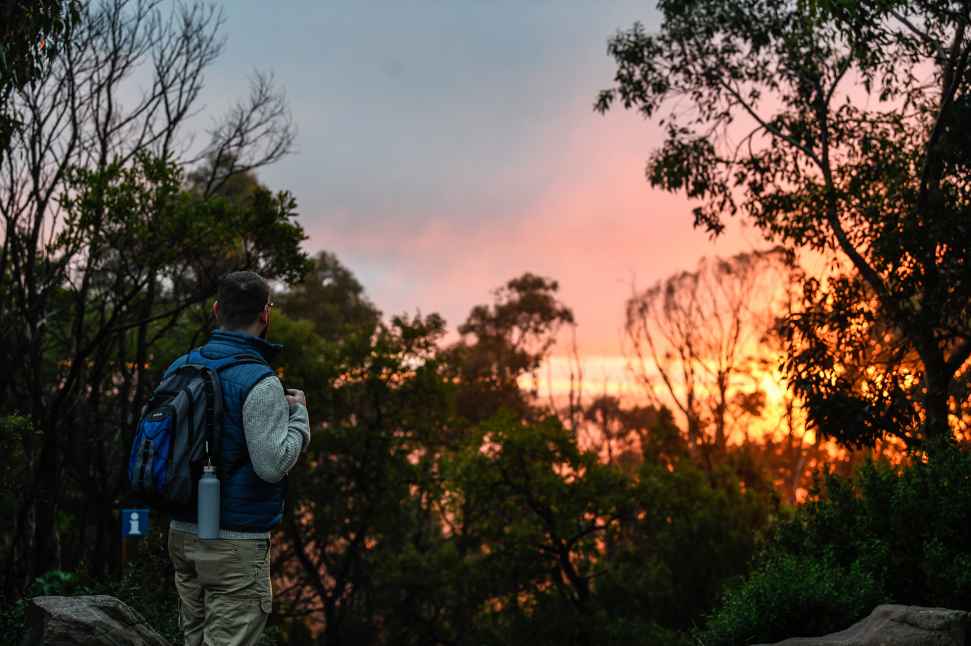
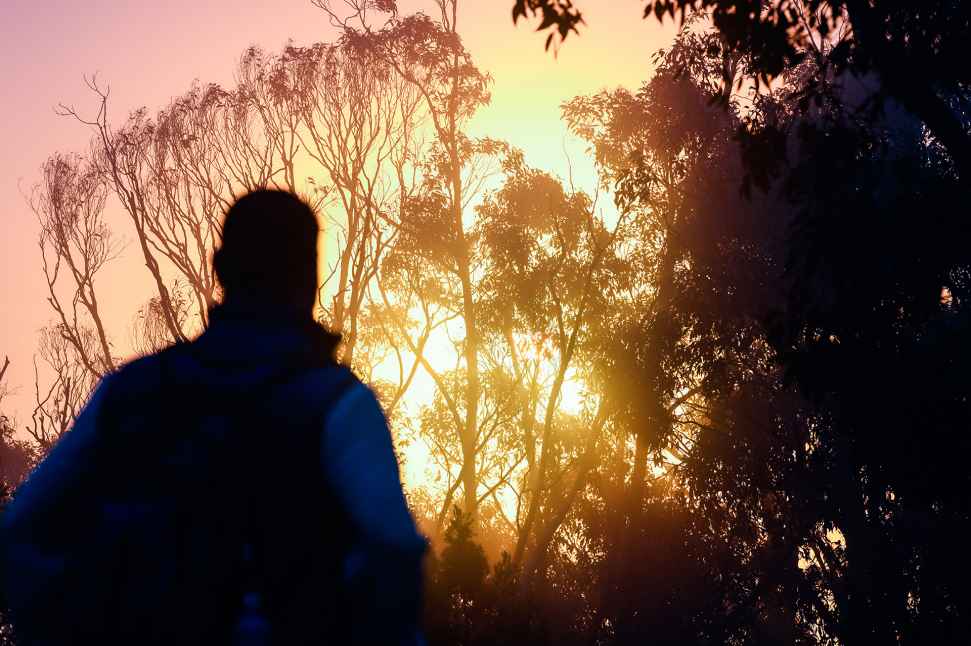
What else is in our water?
Oil spills are unfortunately not the only threat to clean water. Justin is also researching other environmental threats including PFAS pollution – residue from fire-fighting foam – and the mounting impacts of plastic pollution.
Plastic was masterminded by chemistry and so Justin thinks chemists should be at the forefront of efforts to make amends. “The chemistry that was used to make plastic is almost too good… because they’re so stable they don’t break down and now plastic is wreaking havoc on the environment,” Justin says.
“You can look around you and in every room that you set foot in, you will see plastics.” Most plastic will end up in landfill or the ocean as 91% of plastic isn’t recycled. Plastic alternatives, biodegradable plastic and solutions for recycling plastics are needed to tackle plastic pollution and could help create new industries of the future; innovations that synthetic chemistry could help create.
“We’re working towards new materials that are generally biodegradable, other materials that are more recyclable and materials that can be used to capture diverse forms of pollutions. And again, we are interested in making them from waste or sustainable resources,” Justin says.
“The most exciting thing about the future is we don’t know what’s to come. We’re always at the cusp of a new discovery or technology that can change the way we think and live and that’s something that we want to be at the forefront of. We want to be involved in these changes.”
Associate Professor Justin Chalker is a synthetic chemist, researcher and senior lecturer at Flinders University. He completed his PhD in Organic Chemistry at the University of Oxford and has gone on to receive many accolades for teaching and research including the Eureka Prize finalist for Outstanding Early Career Researcher in 2018. Justin is the research leader for the Flinders Institute for Nanoscale Science and Technology.
Justin's research focuses on solutions to environmental and sustainablility challenges using chemistry. His work includes creating new and renewable materials including a polymer capable of capturing and cleaning mercury, oil and PFAS from water. He continues to work on scientific solutions to crucial challenges around water and plastic pollution.
The final word
In February 2020, a formal agreement between the Chalker Research Lab at Flinders University and Clean Earth Technologies (CET) was formalised which assigned a suite of patents to the Singapore-based company. CET will now proceed to commercialise the new polysulfide material for global markets, with plans to set up the first manufacturing facility in South Australia.
Professor Robert Saint, Deputy Vice-Chancellor (Research) at Flinders University summed up Justin's success when he commented, “World-class research at Flinders University addresses challenges of local, national and global significance to deliver outcomes that improve lives.”
“I can think of no better example than the work of the Chalker Laboratory in turning their outstanding research into new resources that can be used to deliver a cleaner world.”
Congratulations to Justin and the team at the Chalker Research Labs.
Research impact
Uncovering new ways to make a difference.
![]()
Sturt Rd, Bedford Park
South Australia 5042
South Australia | Northern Territory
Global | Online
CRICOS Provider: 00114A TEQSA Provider ID: PRV12097 TEQSA category: Australian University








